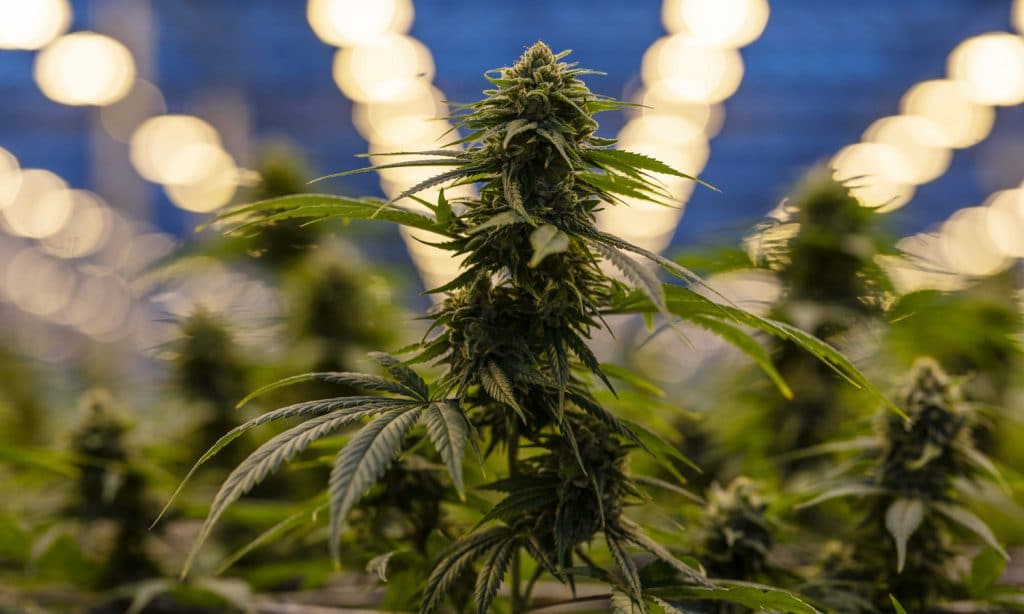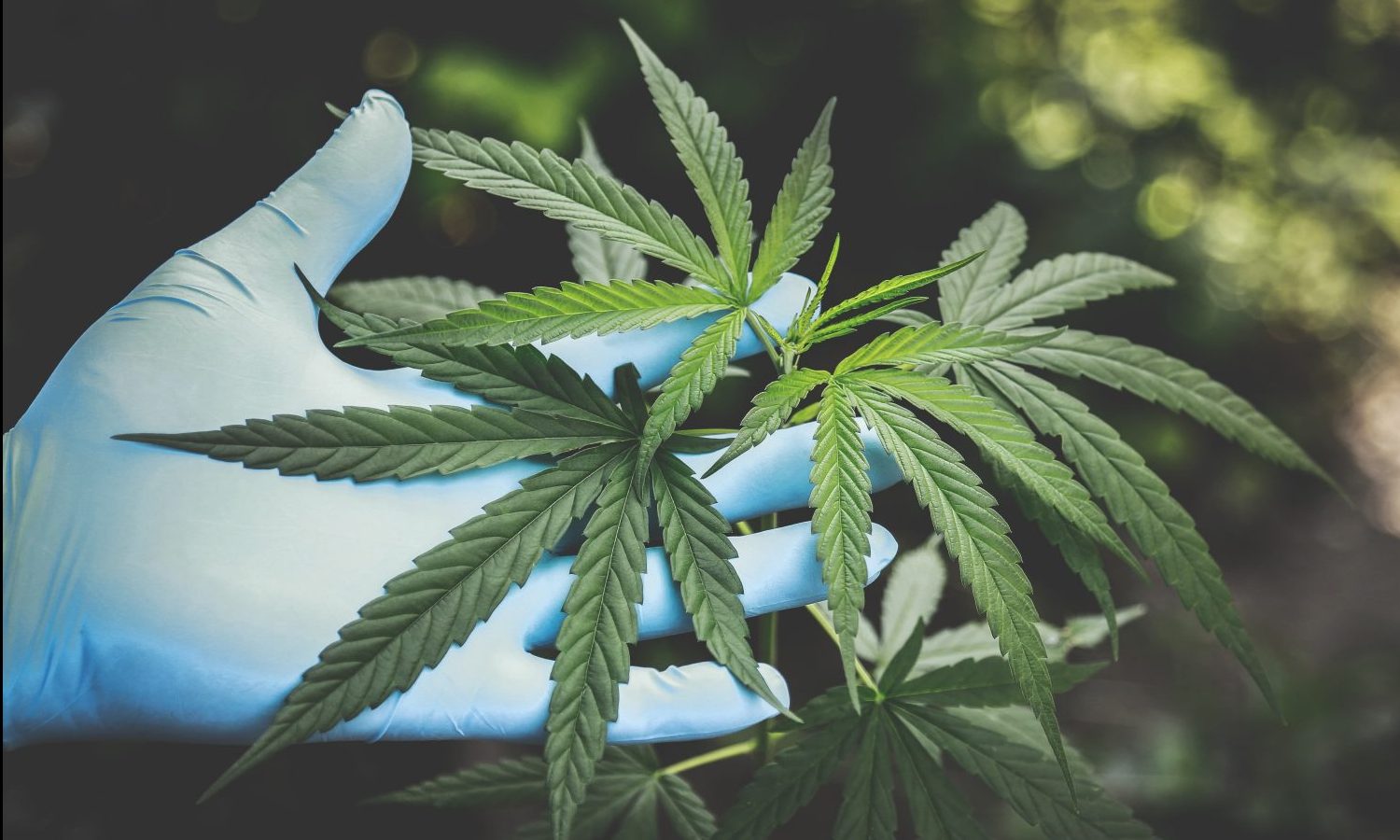While there were high hopes that hemp would become a mega cash crop for the American farming community, the oversupply issue has made it a bust for most participants.
Decades before industrial hemp was legalized again in the United States, advocates claimed the crop would be a salvation’s wing for the environment, economy, and especially the struggling American farmer. But so far, that hasn’t been the case. All the newly legal industrial hemp market has done since it was rolled out two years ago is prove to be another way for the agricultural community to bottom out financially and abandon hope.
That’s not about to change soon.
According to a new study from business consultants Whitney Economics, most of the doom and despair surrounding the industrial hemp sector is caused by oversupply issues and muddled regulations.
Their report, entitled “Déjà vu: An Economics Analysis of the US Hemp Cultivation Industry,” shows that hemp prices have continued to take it on the chin — big time. Crops selling between $40 to $45 per pound in 2018 are now only worth $2.50 per pound. A 135 million pound surplus still left over from 2019 has essentially made it a worthless crop. And while hemp can be used to make things like paper, clothing, insulation and biofuel, not many companies are using it yet.
Therefore, there aren’t any new markets.
Farmers who were quick to get into the industrial hemp game learned the crop was difficult to manage. On top of challenges with finding quality seed, high labor costs, pest management, and complying with the DEA’s 0.3% THC cap, they also had to contend with a weak infrastructure. Many found the crop wasn’t even close to profitable without the ability to sell to CBD companies. And a lot of those operations were already in business with other, more experienced suppliers.
Unfortunately, while there were high hopes that hemp would become a mega cash crop for the American farming community, the oversupply issue has made it a bust for most participants.
“Hemp farmers developed a false sense of security, given the high pre-[Farm Bill] wholesale prices, the report reads.
For now, prices continue to drop.
Meanwhile, farmers have made expensive equipment upgrades, built new facilities, added security systems, and coughed up other expenses to get involved. It’s an investment that outweighs the return. The highly touted salvation’s wing brought to life by Senator Mitch McConnell and the 2018 Farm Bill could become the nail on the coffin for some before the market can recover.
RELATED: Hemp Farmers Really Need A Break In 2020
What would aid in that recovery is hashing out all of the regulatory uncertainty. States have different ideas about what industrial hemp should look like, while the federal government continues to block progress. This aspect alone has and will likely continue to present challenges for the hemp sector at every turn, said Beau Whitney, founder & chief economist of Whitney Economics.

“The hemp industry is going to continue to be mired with difficulties until regulators can determine if it’s an illicit drug or if it was legalized by the 2018 Farm Bill. Confusion across jurisdictions is causing a regulatory quagmire, slowing down growth and suppressing investment, which is critical to building out a proper infrastructure that can support the rapidly growing industry,” he said.
RELATED: First Year Hemp Growers Struggle To Reach Profitability
The good news is the industry will find its way out of the funk, and become a crop that rivals corn, soy and wheat, the report finds. But not until there is a solution for all of the regulatory restrictions.
Federal lawmakers are working on that solution in 2021. U.S. Senator Rand Paul of Kentucky recently introduced legislation to increase the THC threshold from 0.3 to 1 percent. Farmers have been struggling to produce hemp crops that fall in line with the DEA’s guidelines on hemp and have been forced to destroy those crops that do not pass inspections. Hemp advocates argue that increasing the THC threshold would be a great benefit to the farming community.
RELATED: Hemp Farmers Still Searching For Companies To Buy Crop
“We believe that loosening up some important interstate business requirements are a much-needed step toward more prosperous times in the hemp economy,” Kentucky Hemp Association President Tate Hall and Vice President Jana Groda said in a press statement released by Paul.
Whitney Economics predicts the $2 billion hemp market in 2020 will be worth $5 billion in the next ten years. It’s just a matter of which farmers have the strength to cultivate this crop for the long haul.


